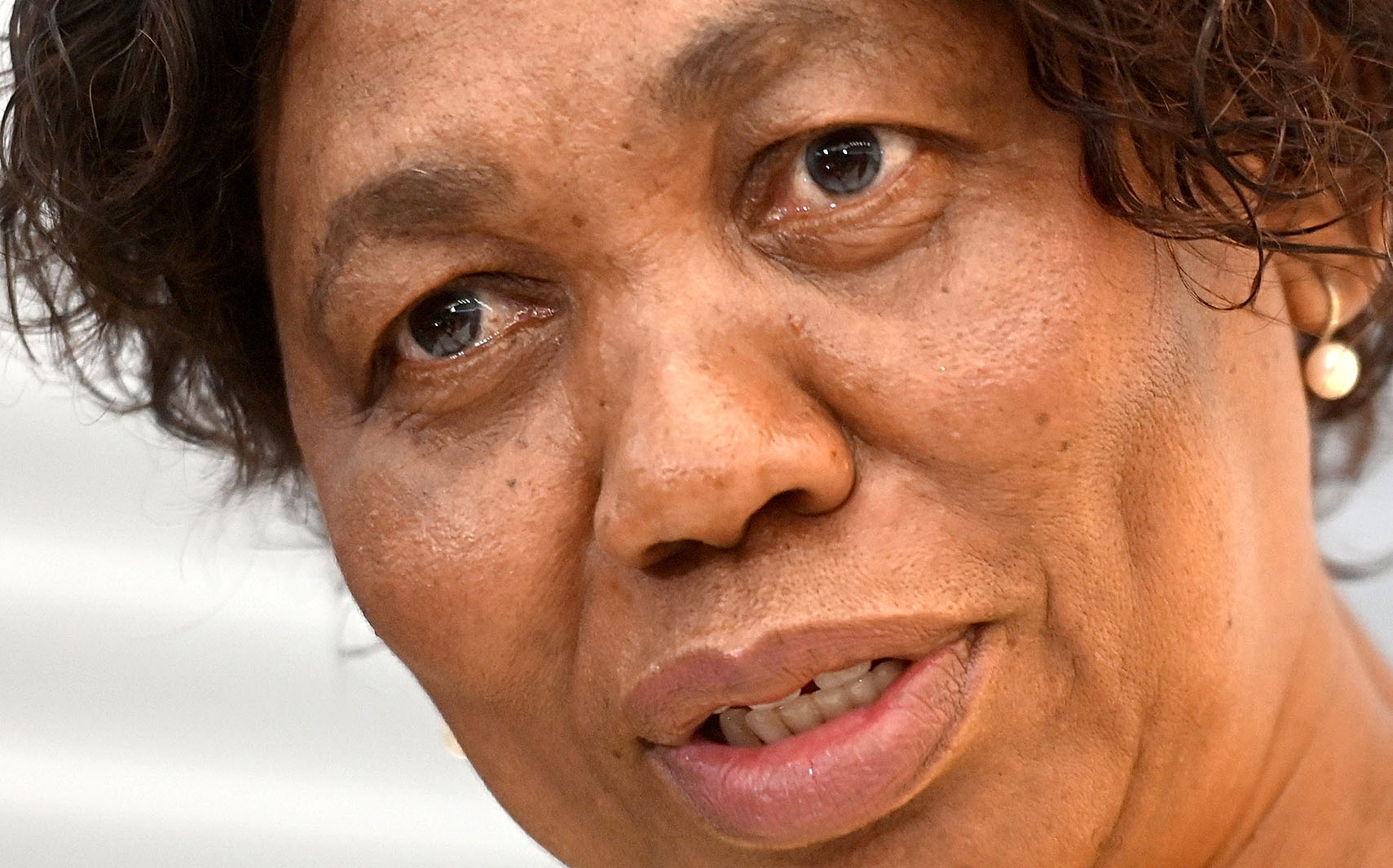The class of 2023 has achieved an 82.9% pass rate — surpassing the 80.1% recorded in 2022. This is an improvement of 2.8 percentage points.
Basic Education Minister Angie Motshekga announced the results at Mosaïek Church in Fairland, Johannesburg, on Thursday, 18 January 2024.
Motshekga said 282,894 candidates qualified for admission to bachelor studies at universities, representing 40.9% of the total number of candidates who wrote the 2023 National Senior Certificate (NSC) exams. In 2022, 38.4% of learners received bachelor’s passes.
“The bachelor passes in number and percentage are the highest attained in the entire history of the NSC exams,” Motshekga said.
She said KwaZulu-Natal and Gauteng contributed the most bachelor’s passes.
She said the NSC pass rate had consistently been going up, from 60% in 2009 to above 80% in recent years.
“The class of 2023 must be commended for maintaining this trend despite the astronomical challenges they faced,” Motshekga said.
According to the Department of Basic Education (DBE) technical report, 715,719 learners enrolled in the NSC and 691,160 candidates sat the exams. Of those, 572,983 passed.
“It should be noted that, while the pass rate of the 2023 NSC exams in number is the second highest in the history of the NSC exams; when expressed as a percentage, the pass rate of the 2023 NSC exams is the highest in the history of the NSC so far,” she said.
Similarly, Motshekga said, bachelor’s passes as well as passes with distinction produced by the class of 2023 stand out as the highest in the history of NSC exams.
Provincial results
Motshekga said the Free State was the leading province, with an 89.0% pass rate, an increase of 0.5 percentage points from 2022.
It was followed by:
- KwaZulu-Natal, the third-best improved province, which achieved 86.4%, an increase of 3.4 percentage points from 2022;
- Gauteng, which recorded a 85.4% pass rate, an increase of 1.0 percentage points from 2022;
- North West, which attained 81.6%, up 1.8 percentage points from 2022;
- Western Cape, which achieved a 81.5% pass rate, an increase of 0.1 percentage points from 2022;
- The second-best improved province, the Eastern Cape, which recorded a pass rate of 81.4%, an improvement of 4.1 percentage points from 2022;
- The best-improved province, Limpopo, which attained 79.5%, up 7.4 percentage points from 2022.
- Mpumalanga, which achieved 77.0%, a 0.2 percentage point increase from 2022; and
- Northern Cape, which recorded 75.8%, a 1.6 percentage point increase from 2022.
Motshekga noted the one-percentage-point pass rate gap between KwaZulu-Natal and Gauteng, while North West, Western Cape and Eastern Cape differed by only 0.1%.
“This demonstrates the overall growth in the system from all educational angles, so that we do not misrepresent our provinces, districts and schools, as centres of dysfunctionality,” she said.
/file/dailymaverick/wp-content/uploads/2024/01/ED_485095.jpg)
‘Ex-poor performers to bachelor’s passes’
Motshekga said research showed that in 2005, 60% of bachelor’s passes came from the best-performing 20% of schools in the education system.
“However, with the introduction by government of its ‘pro-poor’ policies, which were supplemented with the strengthening and diversification of the curriculum, [in] around 2015, the system managed to produce 51% of bachelor passes from the schools that in the past were poorly performing,” Motshekga said.
This percentage, she said, had further increased to more than 65% during the 2023 NSC exams.
“The number of NSC candidates obtaining bachelor passes has nearly tripled since 2008, with the strongest growth coming from ‘no fee’ schools, demonstrating the equitable nature of these improvements,” the minister said.
The number of passes for quintiles 1–3 schools combined stands at 379,917.
“The bachelor passes achieved by learners in quintile 1–3 schools, stand at 174,676,” Motshekga said.
/file/dailymaverick/wp-content/uploads/2024/01/Top-achievers2.jpg)
Diplomas and distinctions
Motshekga said 187,876 candidates achieved a diploma pass, which represents 27.2% of the total number of candidates who wrote the NSC.
A total of 101,973 candidates — 14.8% of learners who sat the exam — obtained Higher Certificate passes.
“It is important to note that a total of 470,770 candidates, equivalent to 82.1% pass rate, who achieved bachelor and diploma passes, are now eligible for studies at higher education institutions,” she said.
Motshekga said the class of 2023 achieved a total of 253,807 distinctions.
“The main contributors towards passes with distinctions were KwaZulu-Natal, Gauteng, Eastern Cape, Western Cape and Limpopo,” she said.
This is a developing story and Daily Maverick will publish responses and analysis over the coming days. DM




 Minister of Basic Education Angie Motshekga. (Photo: Gallo Images / Beeld / Deaan Vivier)
Minister of Basic Education Angie Motshekga. (Photo: Gallo Images / Beeld / Deaan Vivier) 